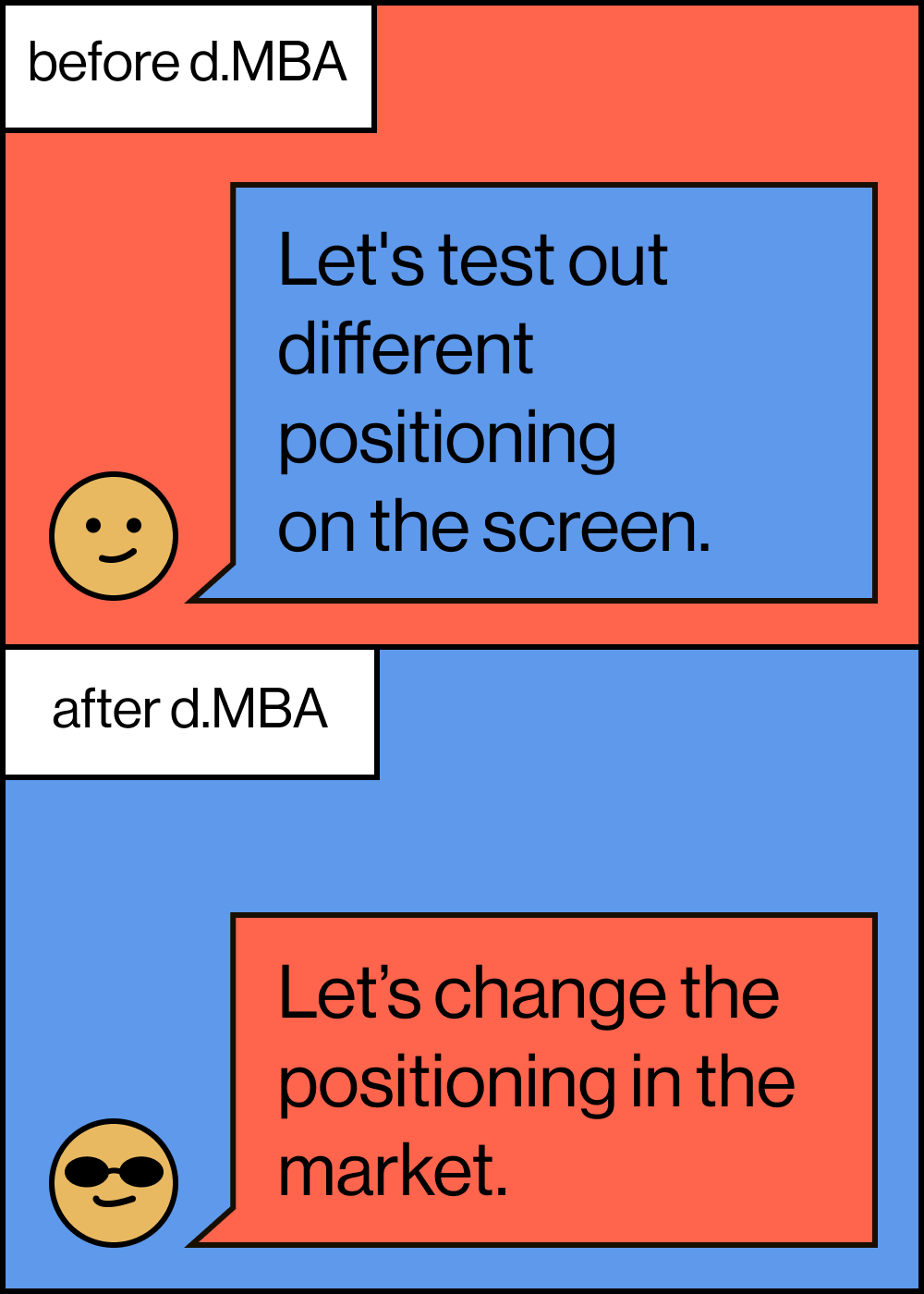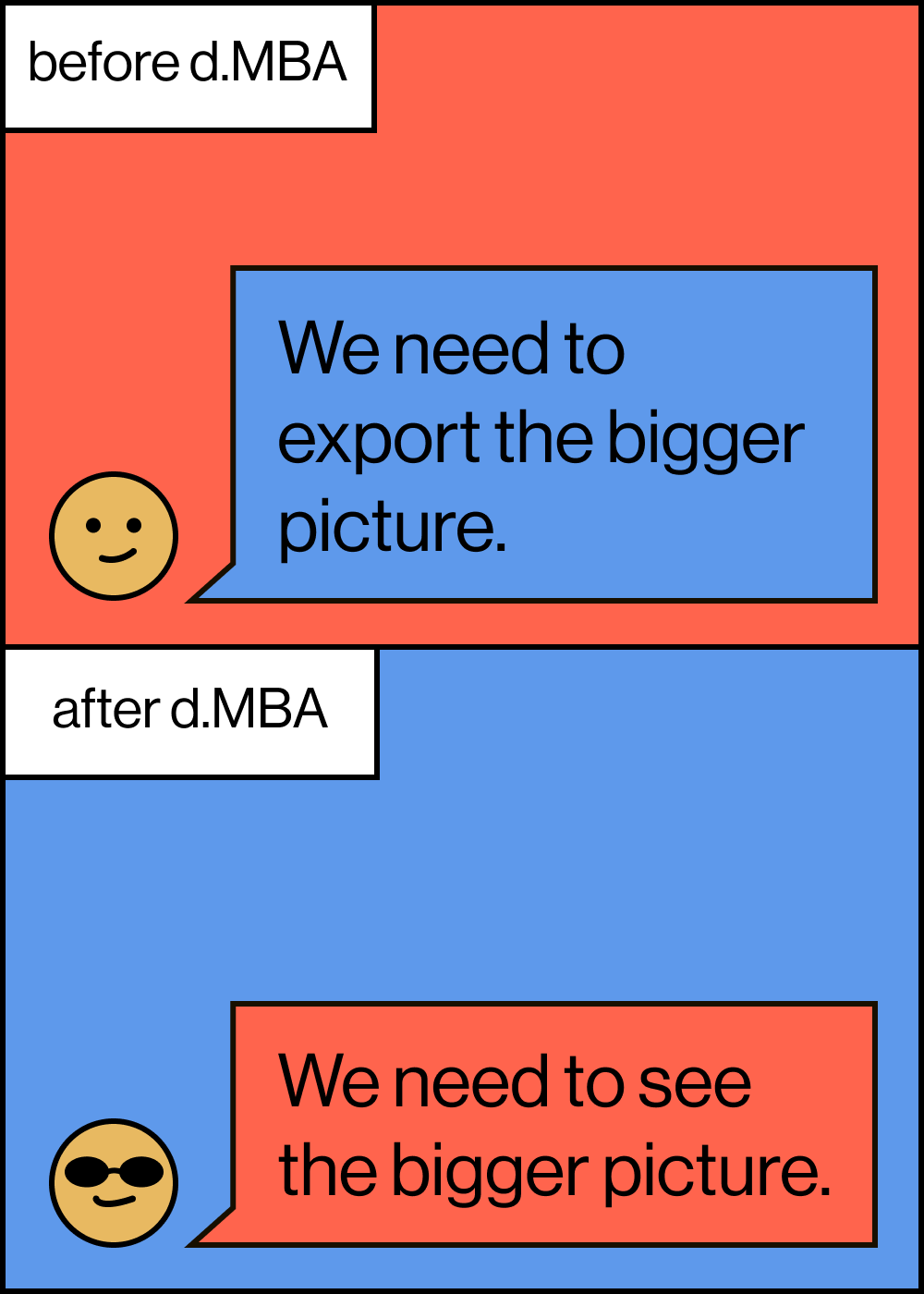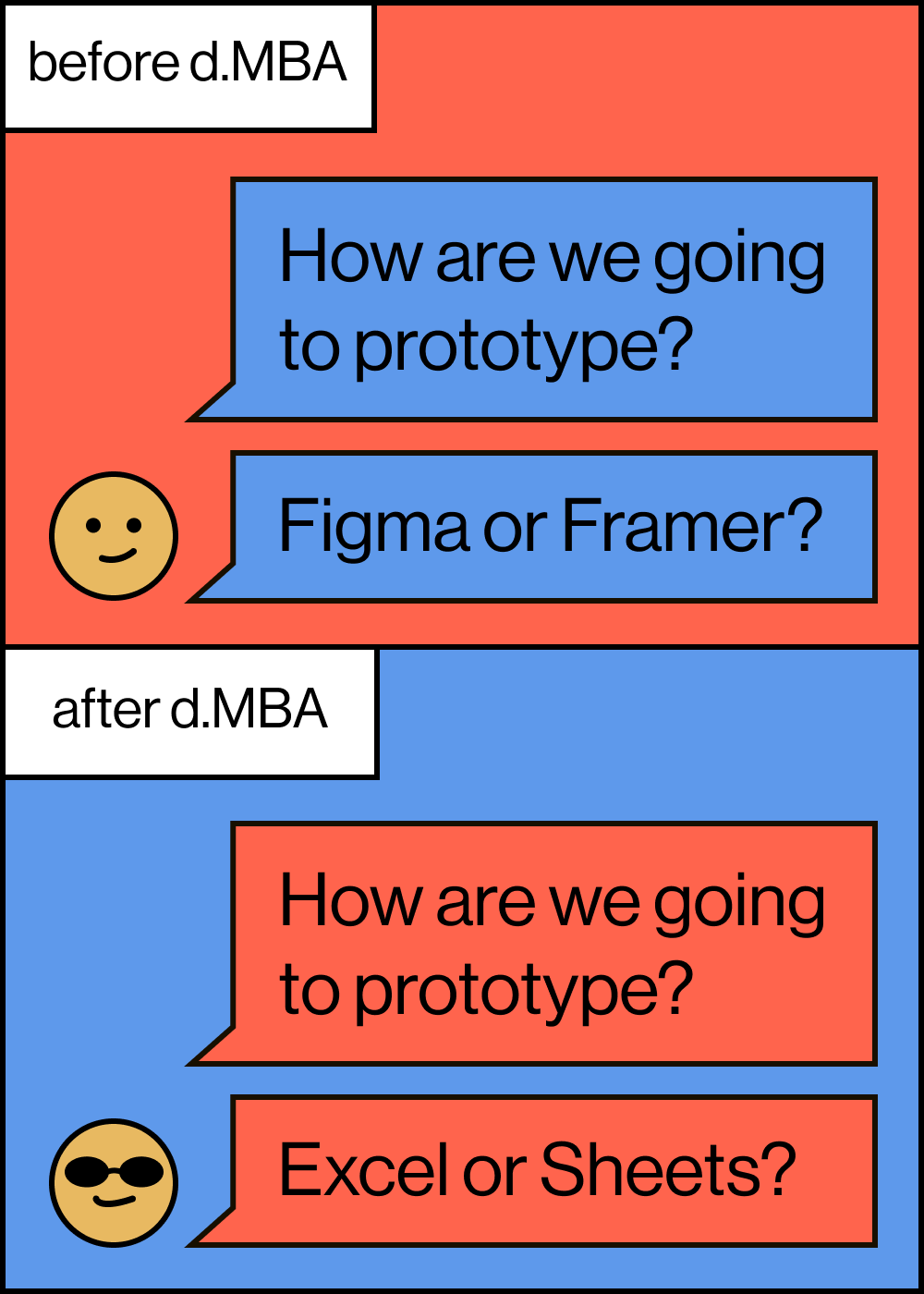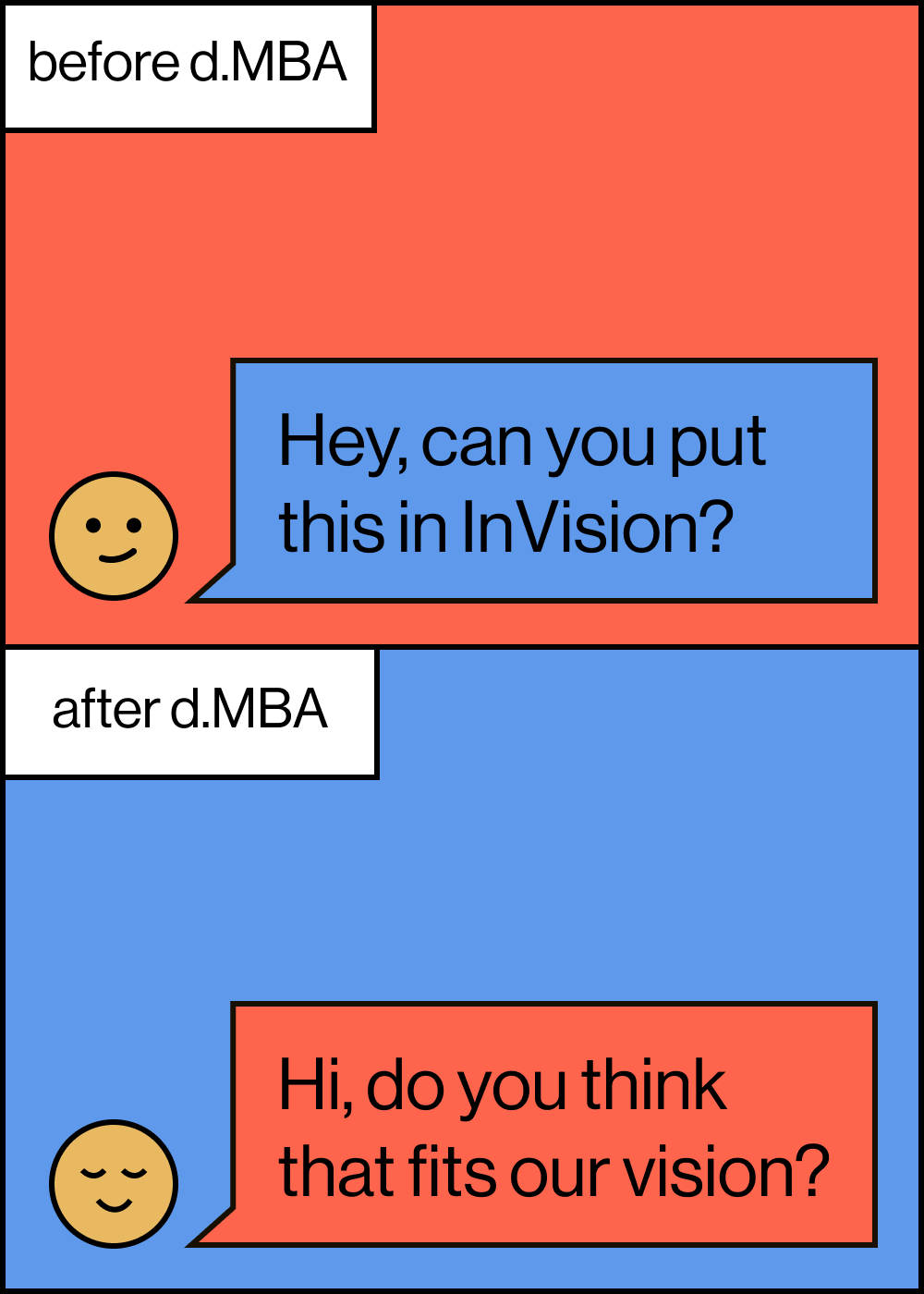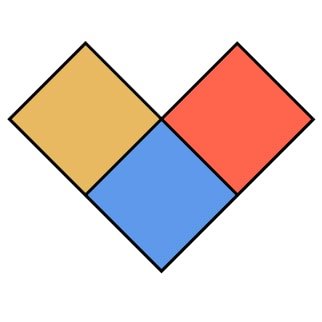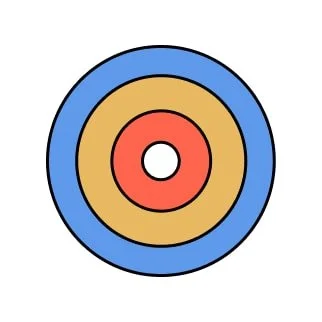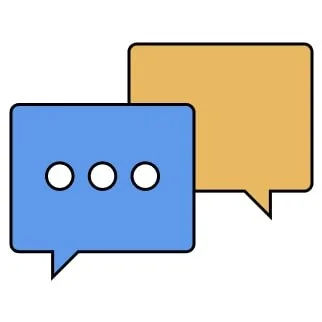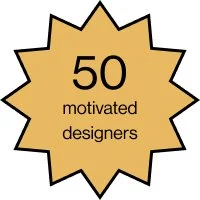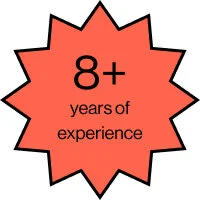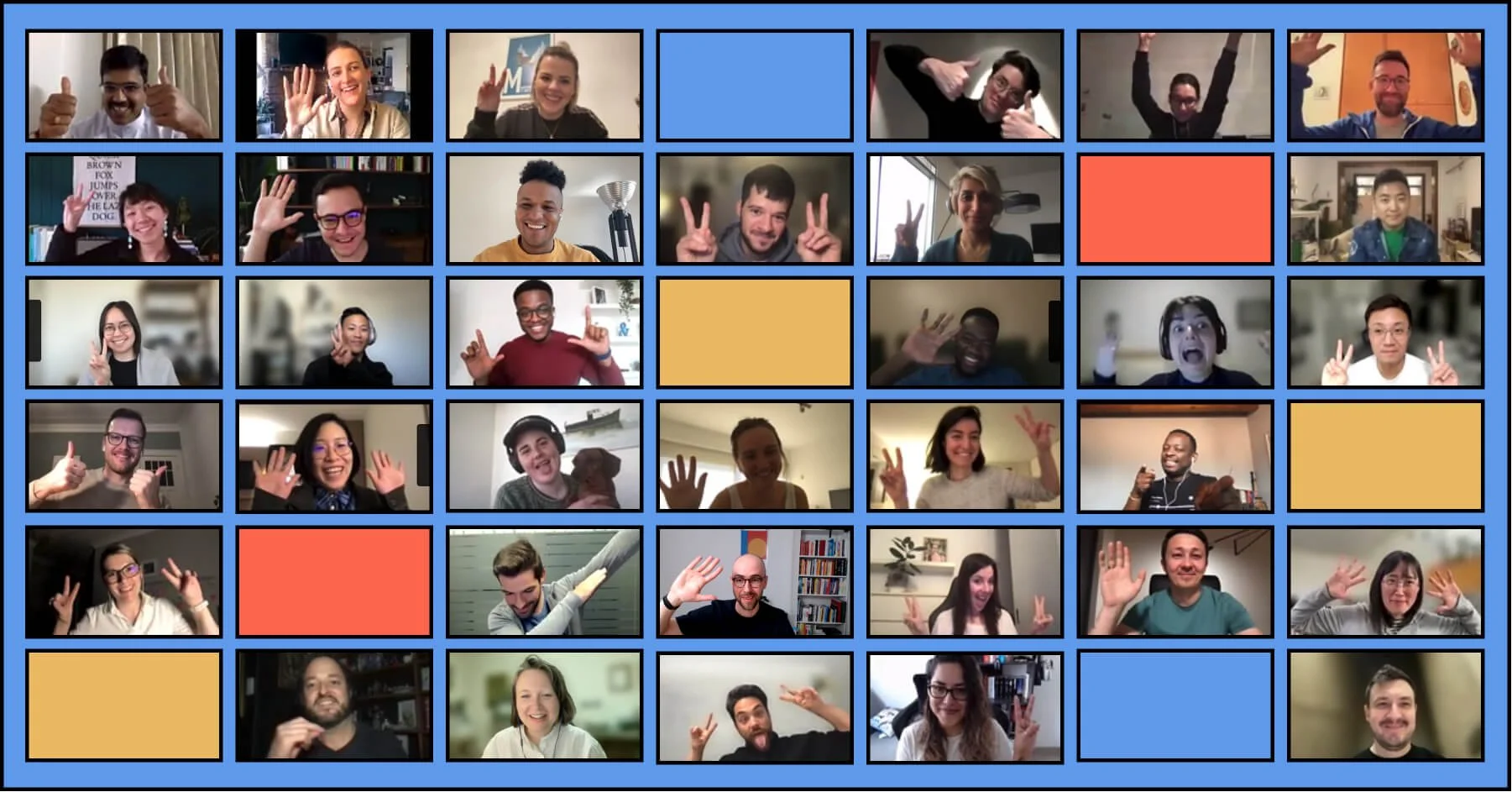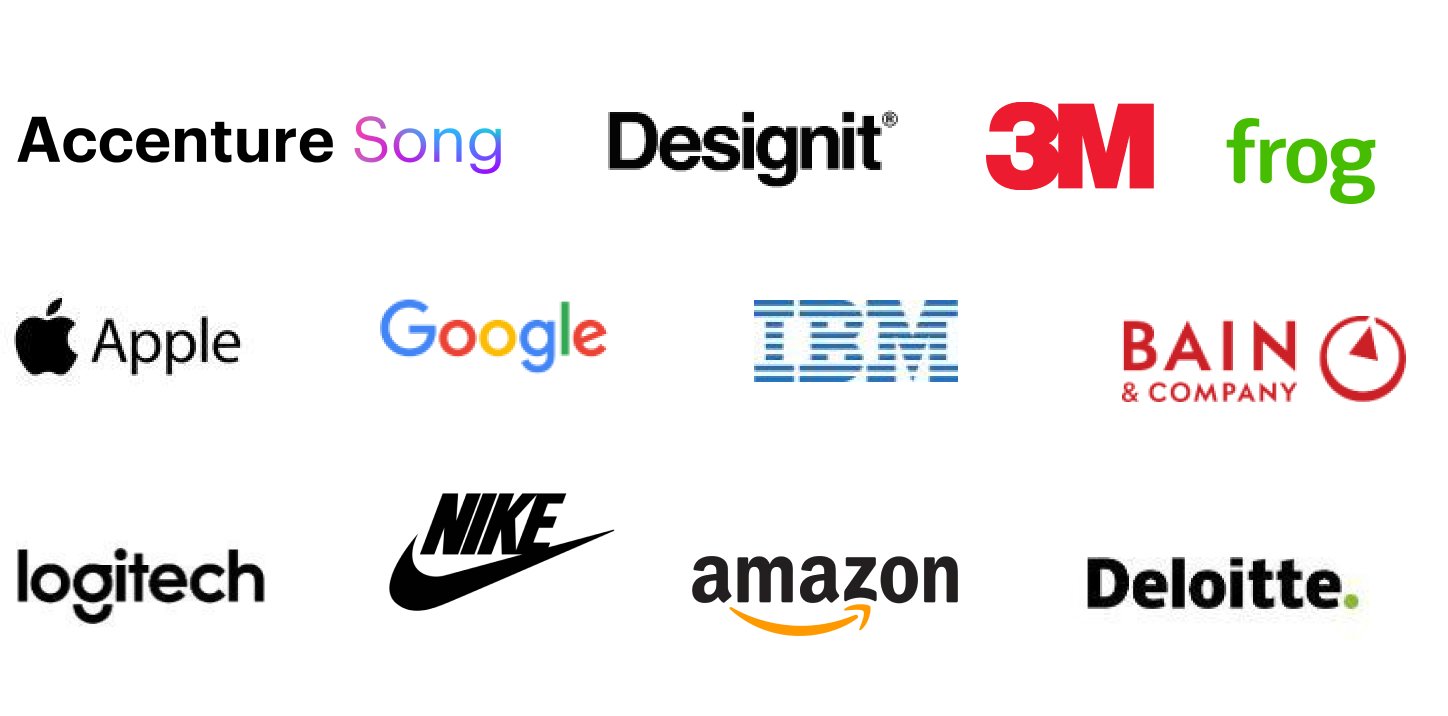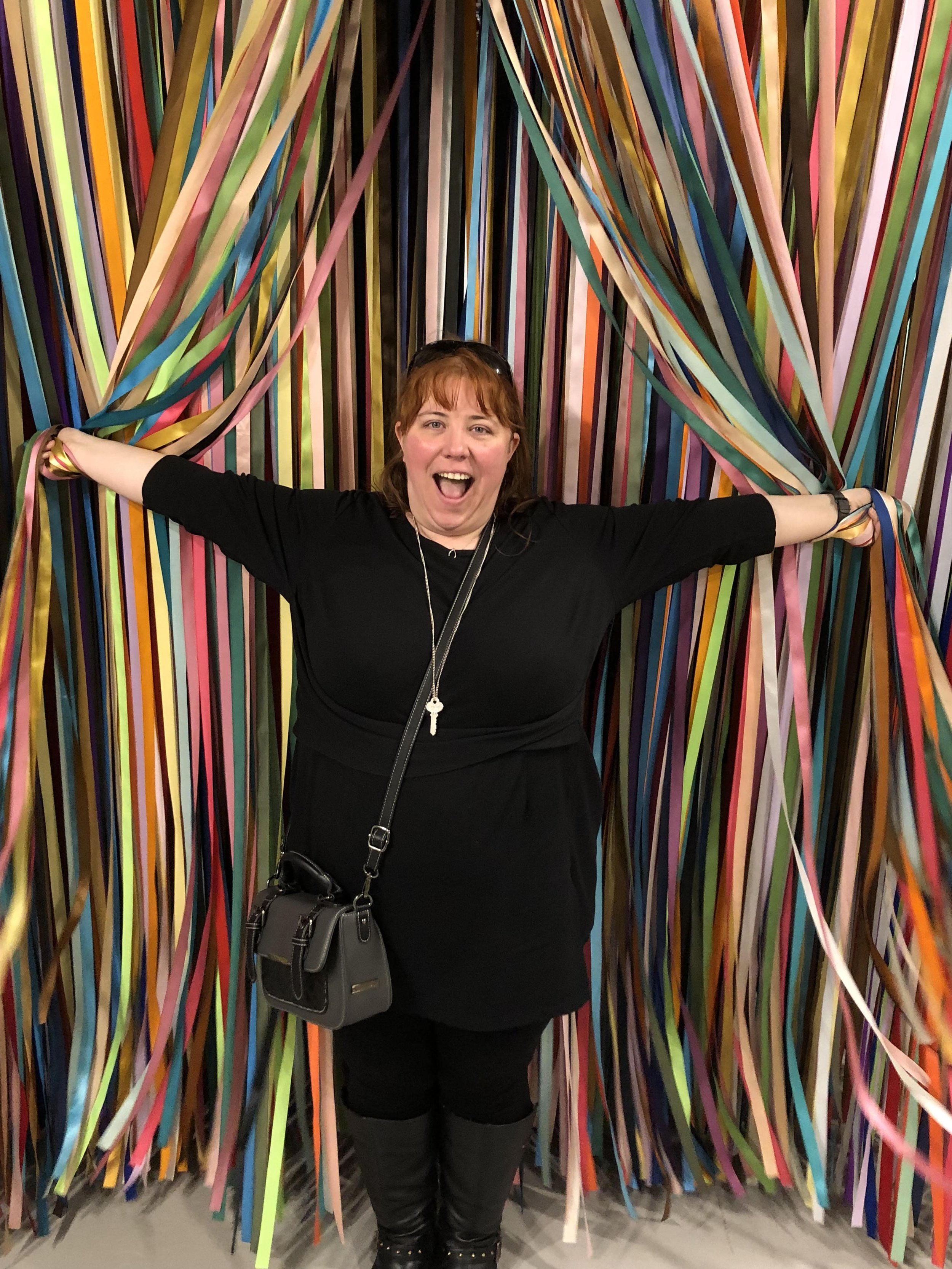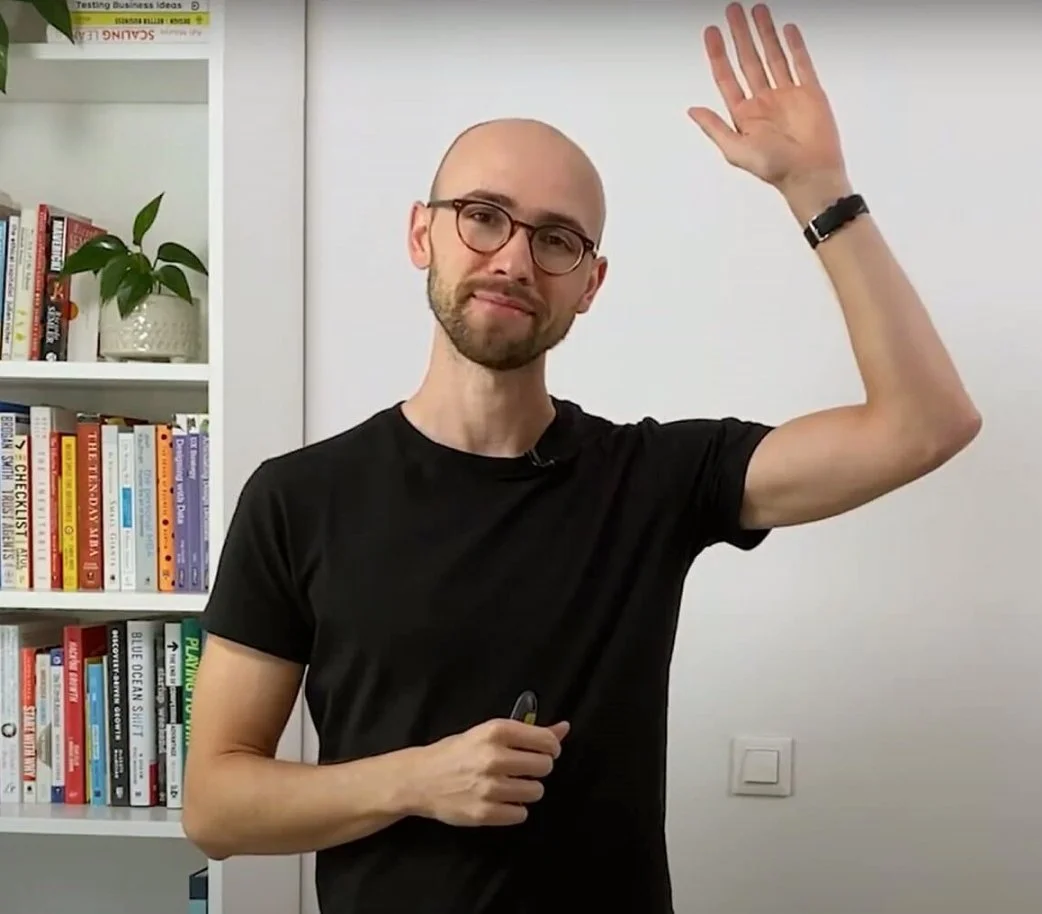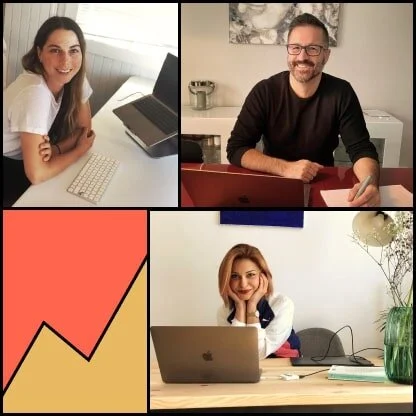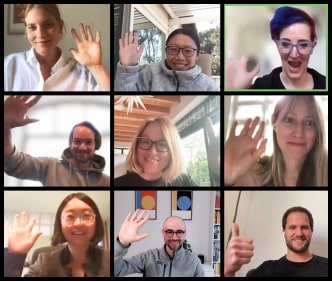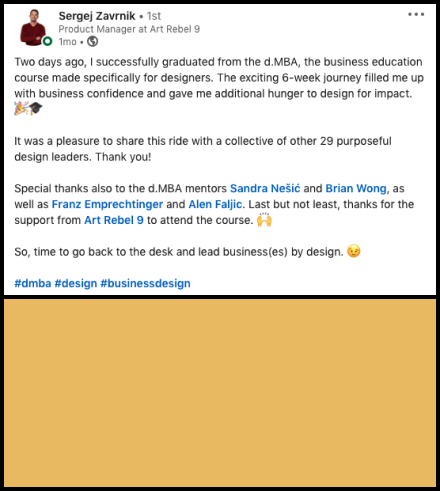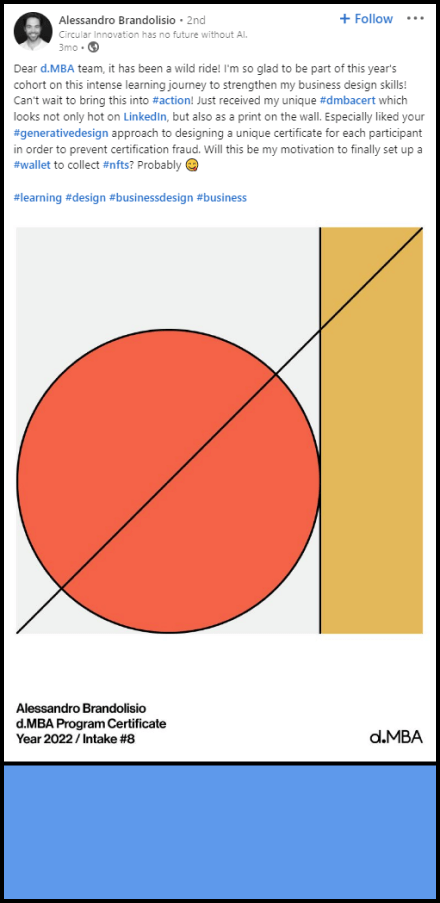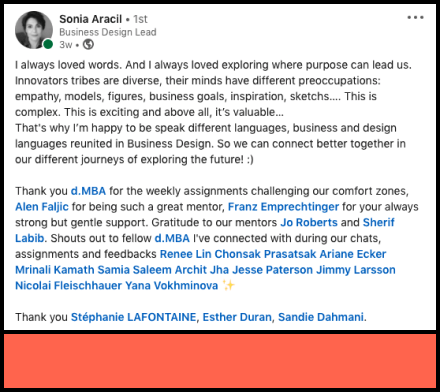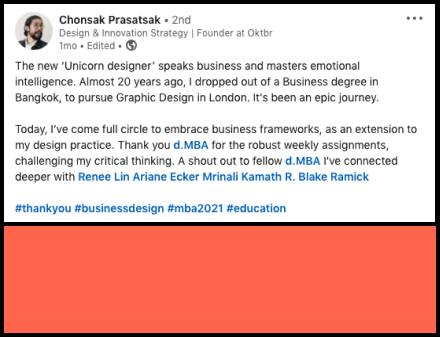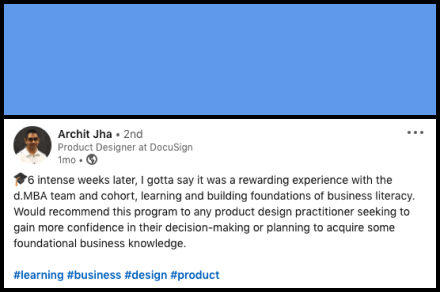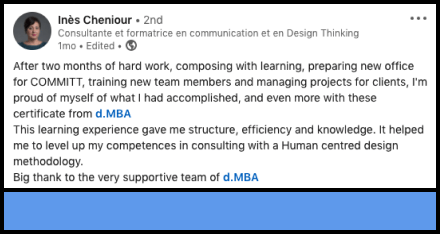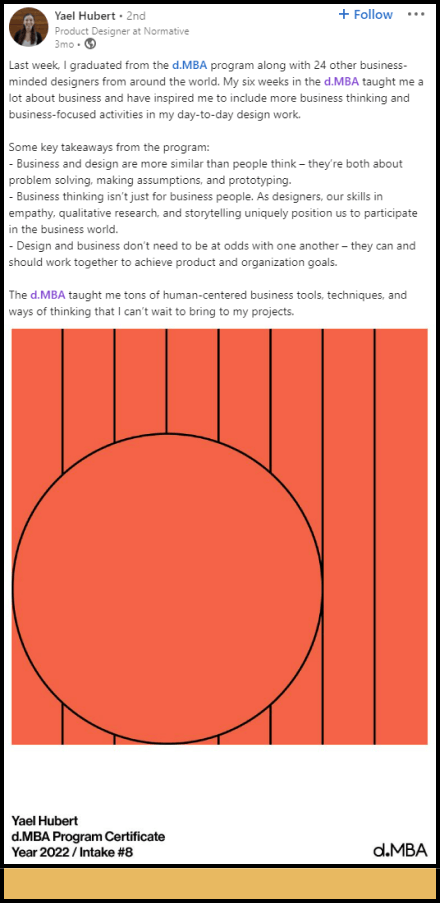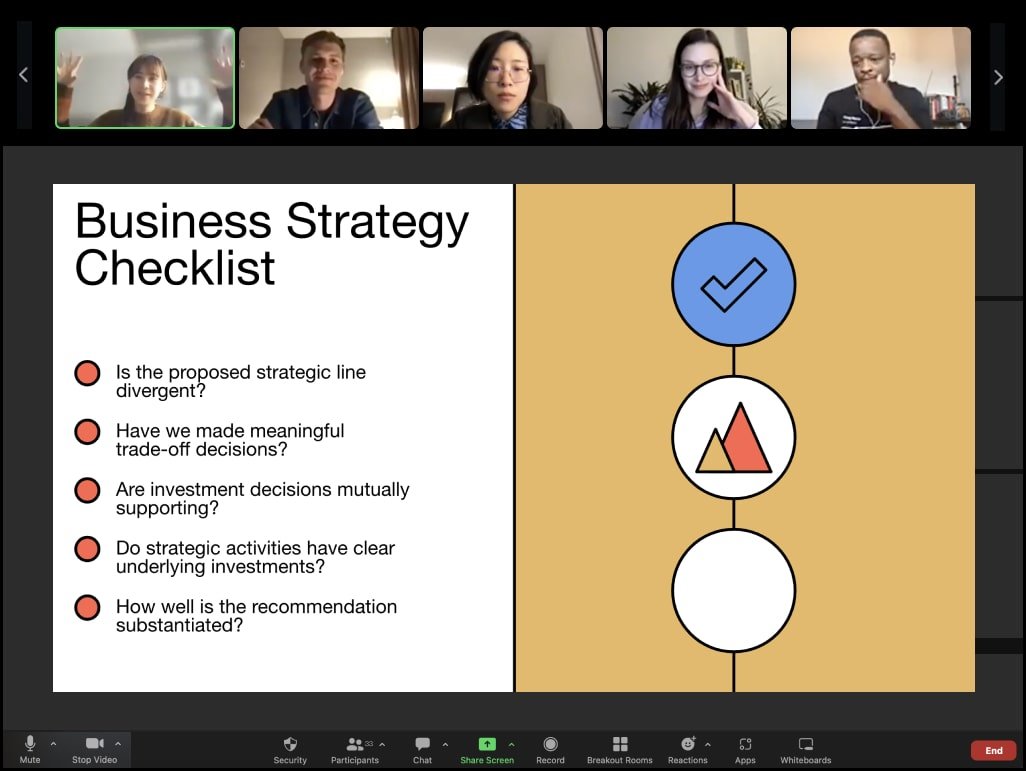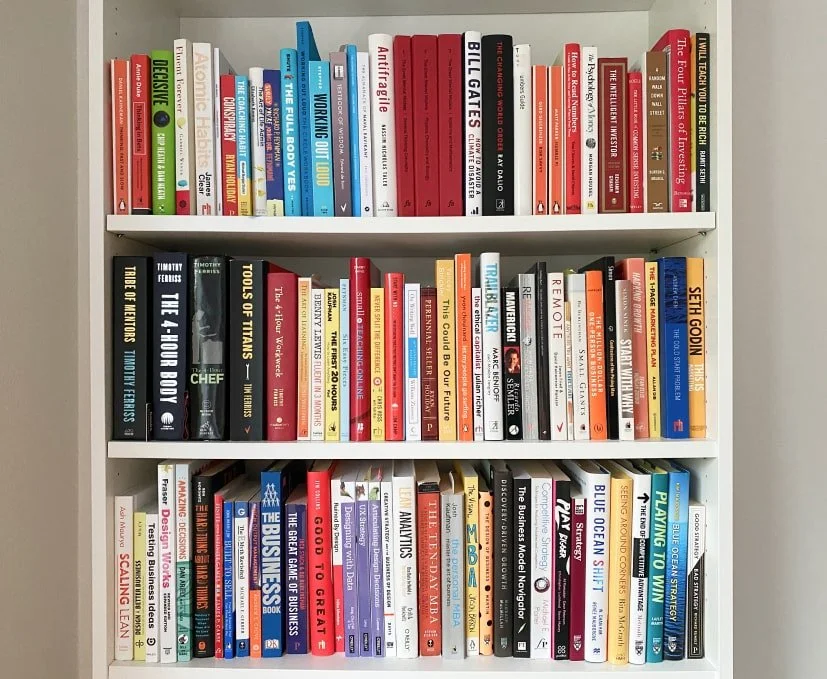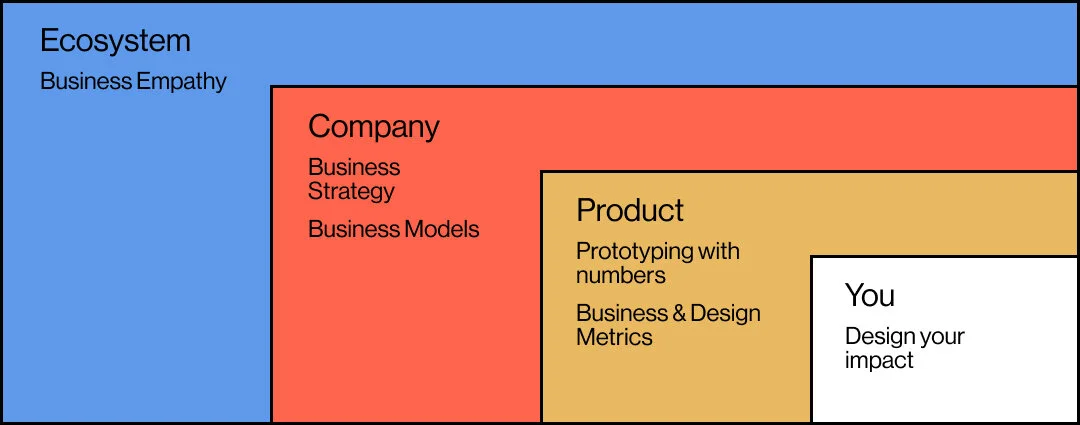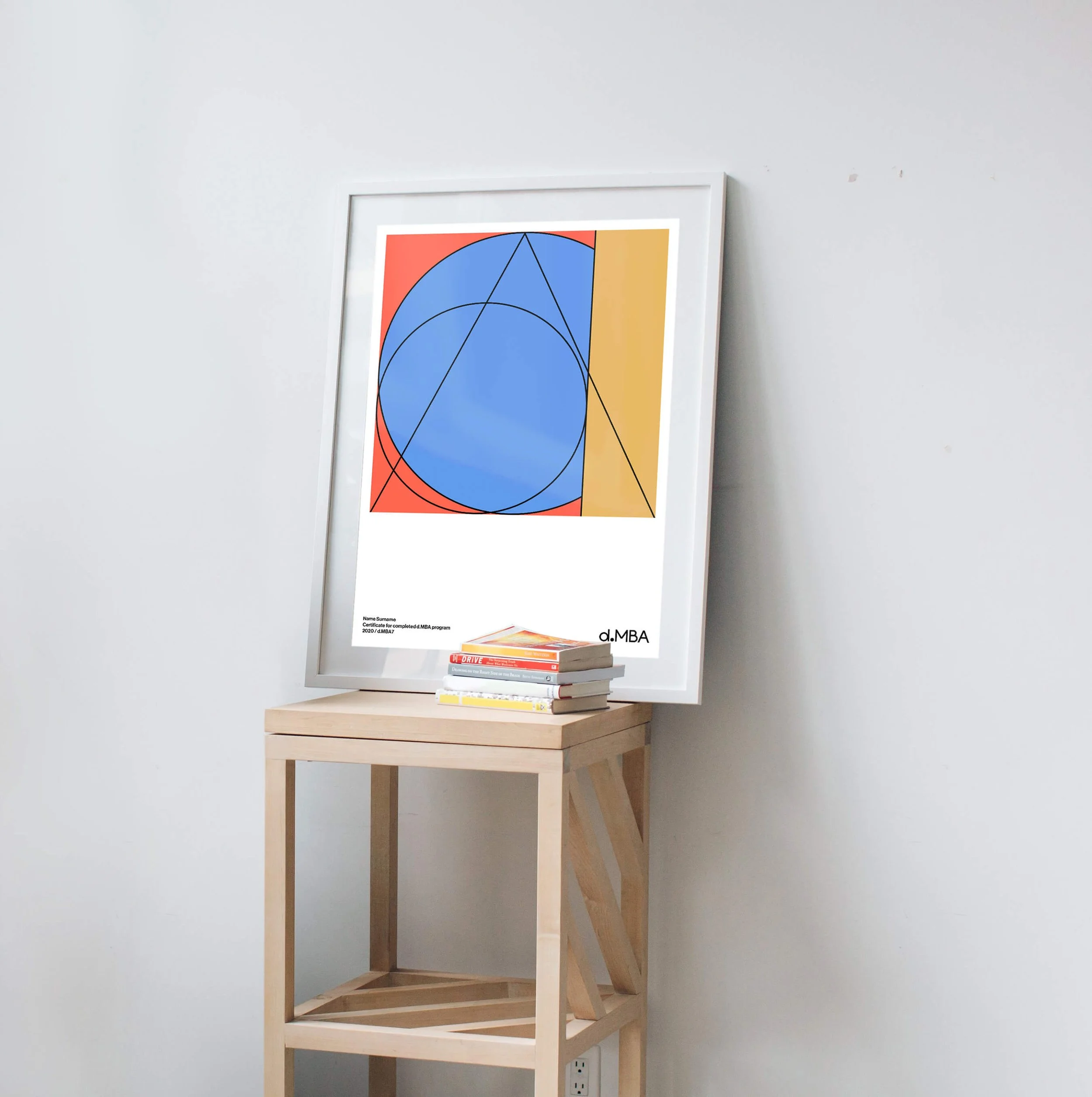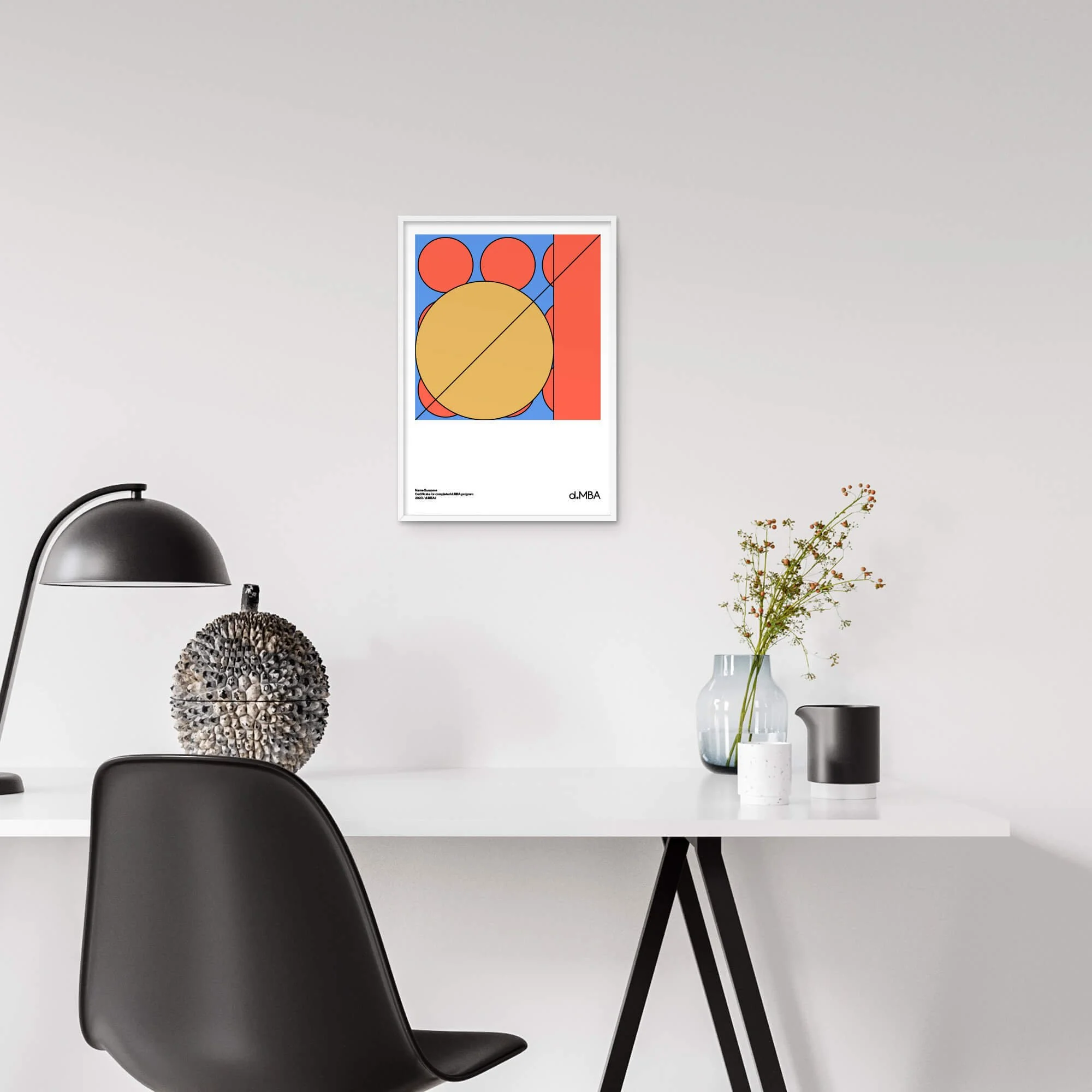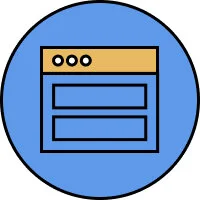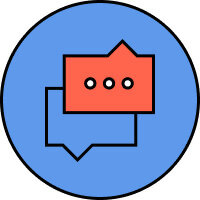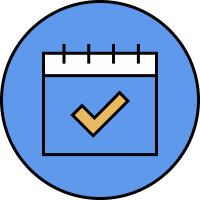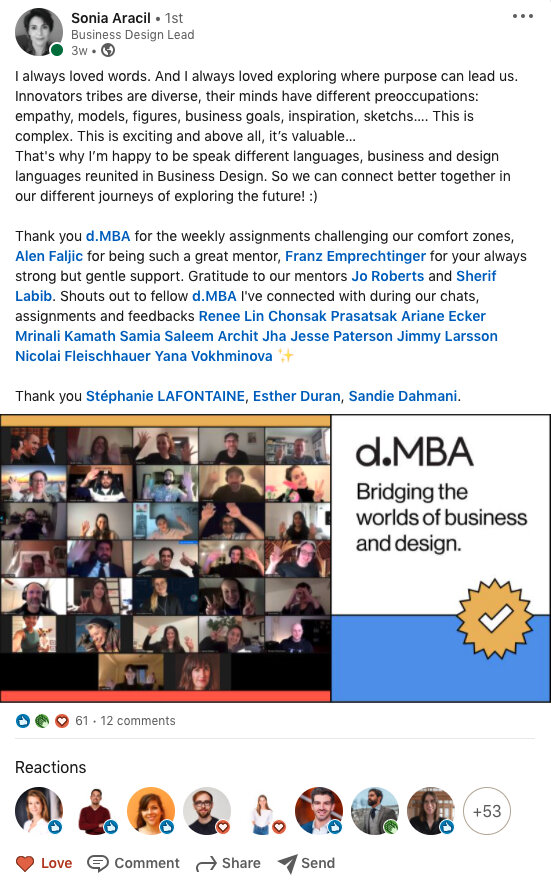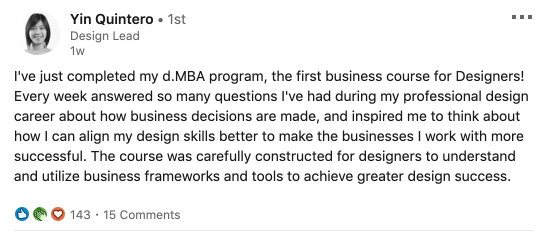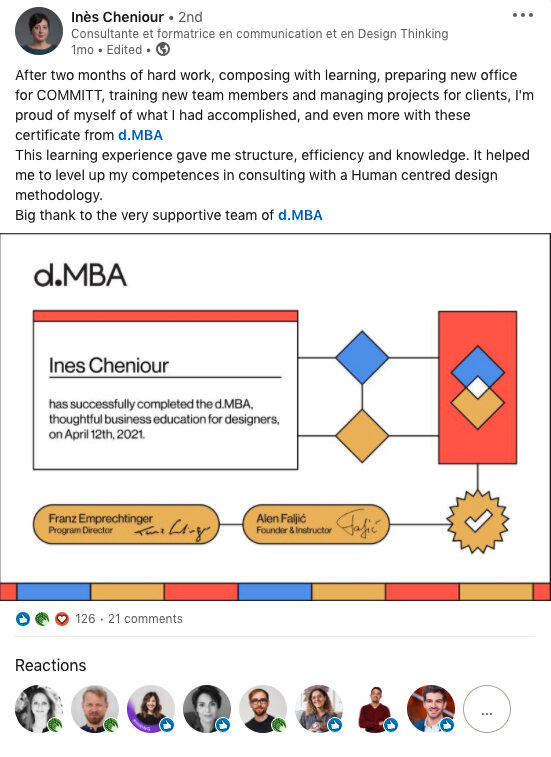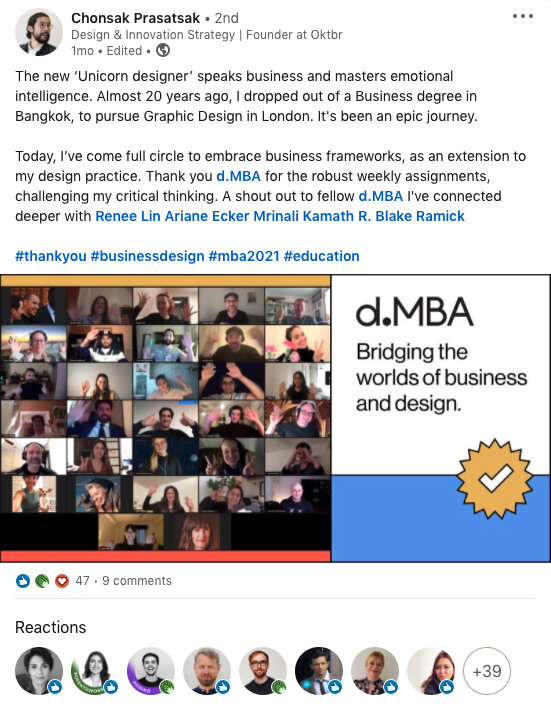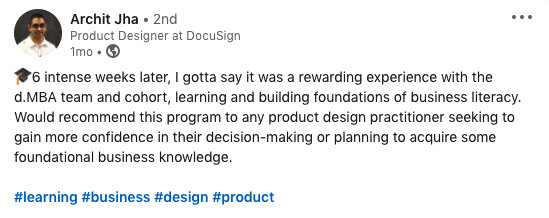+ What does the course content look like?
The course consists of video lessons, slides and templates. Each week, you’ll receive 4-6 videos that explain the content of the module. All together about 50-70 minutes per week. Assignment are presented in slide decks. Additionally, you will receive Miro templates that can be used during and beyond the program.
Here you can watch the first video of the Prototyping with Numbers module, which shows how to use numbers to design viable products and services.
+ Who will be my mentor?
Each cohort of 50 students has one dedicated mentor who will guide you through your learning experience. The d.MBA mentors have deep expertise and experience in the intersection of business and design. Typically, they work as business designers at top design agencies (Fjord, Designit, IXDS, etc.) across the world.
Furthermore, the MiCC format is really built around the community. We try to bring out as many benefits of the community approach as possible. So, you can expect to learn as much from your peers as from mentors and content.
+ What is the size of an intake?
The size of the intake is limited to 50 students to ensure the best mentor to student ratio and to foster engagement among students. The goal is to learn and build your network for the future.
+ What is the level of collaboration with other students?
All assignments are individual so you can be very flexible with your time. However, we do recommend joining all weekly calls, where you will have the chance to discuss content and assignments with your peers and learn from mentors.
Furthermore, you have access to the community at all times. For example, there is a Slack community where you can ask questions, join discussions, share resources, and talk about your challenges.
Additionally, in week 1 (Meet&Greet call) and week 6 (Graduation call), there is an additional call with group discussions. In these calls, students are divided into smaller groups and talk about how they can apply their knowledge to their work.
+ How much time will I need for the course?
The course was designed for busy practitioners who have full-time jobs. So, the d.MBA requires roughly 10–12 hours per week. Most students find the time for the course on weekends but some get a day or several hours off their weekly schedule to invest in the course. Our completion rate of 97% also indicates the program is completely doable along your job.
"My schedule is extremely busy during the week, so I was concerned about having enough time for d.MBA. But once the program started and I met my cohort, I was motivated and enjoyed investing the extra time on weekends to complete assignments." - Julia Olson, Bain&Company, d.MBA alumni
+ What are the deadlines and important meetings within the program?
The program is designed to be as flexible as possible; however, there are deadlines to ensure that each cohort benefits from moving along each subject as a group while working individually.
In order to successfully finish the program and join the alumni network, you have to finish all assignments within the 6-week program. Additionally, each Sunday is a project assignment deadline. Each student can submit two assignments late (as per the wildcard rule).
There are only 2 mandatory meetings:
For exact times, see the calendar section.
Apart from that, there are weekly calls, which are not mandatory but still highly recommended. There you will have the chance to discuss your assignments in small groups, meet your cohort colleagues, and learn from mentors.
+ What is this wildcard rule?
To ensure that you get the most value from the program, we want all students to move through the program together. Otherwise, you can't participate in group discussions, reflection, and core calls. That is why the d.MBA has a start and end date with clear deadlines for various deliverables.
However, life happens. You might have a work or life emergency, making it really hard to focus on the d.MBA. So, all students get two wildcards, which you can use to submit a deliverable late (but still before the program ends). Let's say that in week 4 of the d.MBA, you have a work-related emergency and you just can't finish your assignment. You can use a wildcard that week and submit your assignment later, but still by the end of week 6.
+ How do you pass the d.MBA?
There are no grades in the d.MBA. Every student joins the program with the best intention of learning about business and increasing their confidence. The program is rather built around feedback and reflection process, which is fuel for our growth and impact.
To receive the d.MBA certificate, you must hand in six assignments by their respective deadlines (read more about that in the question above about the wildcard rule).
There are four tools used in the d.MBA. For written communication, we use Slack and for video conferencing, we use Zoom. To distribute the course content, you'll get access to a private Google Drive folder. Lastly, we will also use Miro to share assignments and useful templates.
No tool requires additional investment from students.

